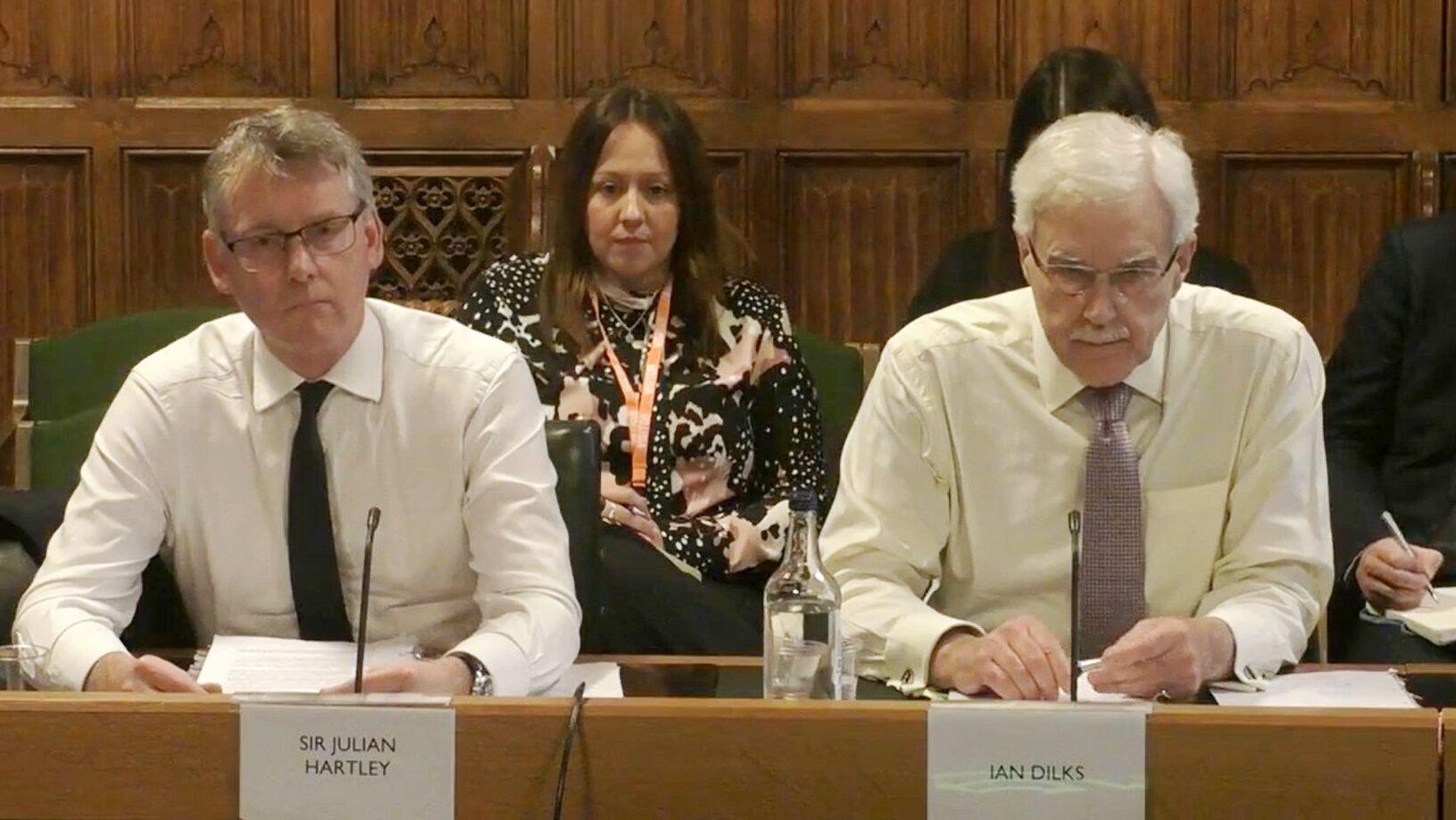Two cheers for long-awaited NHS pay deal
The NHS pay deal brought an end to seven years of pay misery – but came with a sting in the tail for some MiP members

MiP has welcomed the end of the seven-year cap on NHS pay, following the pay deal agreed between unions and employers in March, but has criticised as “unfair and divisive” proposals to withhold the full benefit from some senior managers.
Under the deal, which will be funded with an estimated £4.2bn in extra cash from the Treasury, most NHS staff will receive pay rises totalling at least 6.5% over the next three years, plus a lump sum of up to £800. Some will receive much more as part of a restructuring of the Agenda of Change pay bands.
Although MiP estimates that no member will be worse off than they would have been under the government’s existing pay policy, pay rises for some senior members at the top of their pay bands will be be capped, at 5.4% for managers in Band 8D and 4.5% for those in Band 9. Improvements to the rate at which staff progress through the pay bands have also been withheld from staff in Bands 8 and 9.
MiP chief executive Jon Restell, who took part in the pay talks alongside representatives from 13 other NHS unions, said: “This offer finally ends the damaging 1% cap on pay rises and gives higher salaries to all NHS staff on Agenda for Change, including most MiP members. We also strongly welcome the moves towards ending poverty pay in the NHS and the decent pay rises that many hard-working but low-paid NHS staff will at last receive.”
The NHS Pay Deal: Key proposals for MiP members
- An increase over three years of 6.5% for staff at the top of Bands 8A, 8B and 8C, 5.4% for staff at the top of Band 8D, and 4.5% for staff at the top of Band 9, with a one-off lump sum payment of 1.1% of salary (up to a maximum of £800) on 1 April 2019
- Increases of between 9.4% and 22.4% for staff below the top of their pay bands
- For most MiP members, a minimum 3% increase from 1 April this year, with a further 1.7% in 2019 and 2020 (rises for Bands 8D and 9 will be slightly lower).
- Removal of overlaps between pay bands to ensure proper pay rises on promotion and reduce the risk of equal pay challenges
- An increase of 6.5% over three years to the minimum and maximum of all high cost area supplements (HCASs)
- Higher starting salaries for new entrants to the pay bands
- Progression through the pay band to be linked to appraisals for new entrants to the band, or people who haven’t reached the top of their pay band by April 2021
- No change to any other terms and conditions, including annual leave
Unfair and divisive
Restell blamed political interference for the decision to withhold the full benefits of the deal from senior staff. “Many MiP members will feel that the Government still doesn’t properly value the skilled and experienced managers who work hard to run NHS services under the most trying circumstances,” he warned. “It’s unfair and divisive that political demands for a cap on senior pay rises mean they won’t be getting the same recognition as other NHS staff.
Restell added: “We welcome the government’s promise to fund the pay deal over and above existing budgets, but we believe that they have missed the opportunity to invest in NHS leadership and management, at a time when senior staff are taking on bigger workloads and more responsibilities than ever before,”
MiP members will have their say about the new pay deal during an extended consultation period, which lasts until the end of May, with the results announced in early June.
For further information, please visit the unions’ new pay website at nhspay.org. MiP wants to hear your views and questions on the NHS pay deal. Get in touch with us at: info@miphealth.org.uk.
Related News
-

The inspector falls: why the CQC needs a fresh start
After years of chaos, the Care Quality Commission urgently needs to rebuild trust and credibility with the public and the services it regulates. What needs to change and what are the priorities for new boss Sir Julian Hartley? Alison Moore reports.
-

Voice, value and vision: what analysts need from the NHS
Data analysts play a vital role in an NHS which is increasingly data-driven and focused on public health trends. But the NHS faces fierce competition for skilled analysts and many feel the health service fails to value them or fully use their talents. Alison Moore reports.
-

It ain’t what you do, it’s the way that you do it
The government’s upcoming ten year plan will try yet again to shift the NHS towards community, digital and prevention. The big question is how, writes Craig Ryan. Try honesty, patience, focusing on what matters and empowering staff and local managers—that’s what gets results.